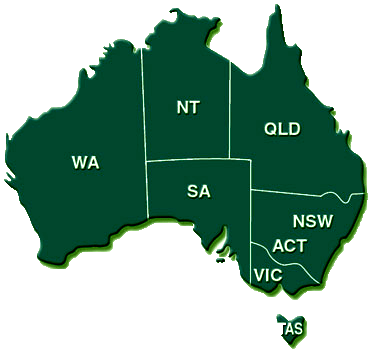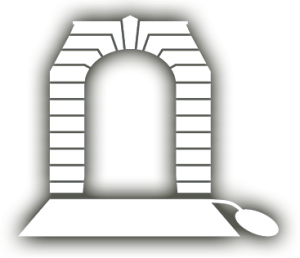The NSW RSL’s President, James Brown, has backed calls for a royal commission into military suicides in this article published in the Daily Telegraph 26th June 2019.
“Darren Chester, the Minister for Veterans Affairs (DVA), has announced there will be a photo opportunity on veterans’ mental health convened in Canberra for 10am this morning.
But there is no clear plan for how the wellbeing of veterans and their families will be improved in this parliament.
That’s a problem for the thousands in Australia’s veterans’ community who need help.
What we do know is that the minister does not support a royal commission into the issue of veterans’ suicides, or the structural weaknesses of our veteran support systems.
Too expensive he says — leaving aside the fact that DVA found a lazy $58m last year to top the coffers of a single consulting firm on variously undefined “strategic” projects.

Several veterans’ groups are concerned about the potential cost of a royal commission too. I understand their worry: No one wants to see yet another lawyers picnic or yet another lengthy inquiry.
The department points to its ongoing veteran centric reform program as the solution, but as well-intentioned and progressed as this is, it is largely a revamp of IT systems, staff culture, and bureaucratic processes.
And it still has a long way to run.
Last year I applied for a DVA white card, the first step towards accessing free mental health care.
It took nearly six months and multiple follow ups to complete that transaction because DVA’s computers don’t talk effectively to the Defence department.
Imagine how hard it must be for veterans who, unlike me, don’t have time to wait and are struggling with the basics of everyday life.
A senate inquiry into veteran suicide two years ago recommended four strands of reforms.
Improving DVA was just one of them. Progress against the others has been variable.
Veterans tell me for all the reviewing and reforming progress has not come fast enough and no one is joining the dots across all of the systems meant to support veterans, including among the nearly 5000 veteran support organisations outside of government.
Nor does anyone have an eye to the fact that the veteran volunteer network of thousands of advocates and welfare officers is fast retiring and overwhelmed by the complexity of the bureaucratic system.
So what can be done?
First, the government needs to appoint a veterans tsar.
A respected leader, reporting directly to the Prime Minister, who can cut to the heart of the issues in our veterans’ support systems and forge a plan to address them.
An ambassador who can range across the breadth of federal and state government to ensure that all departments and agencies are enlisted in the fight to respect and support veterans.

Someone who can take a hard look at what the whole of government isn’t currently doing to help veterans, and the clout to map what more could be done.
The problems are bigger than just what happens in DVA; the solutions will need to be whole of government too.
Second, the government should immediately commit the $10m required to ensure a question is included on the next Australian Census identifying prior service in the Australian Defence Force.
Our veterans should be counted in the census — the fact that they are not is a national disgrace.
That will tell us how many veterans Australia actually has, where they live, and help identify what support services they need now and into the future.
We must count veterans in our state government health and justice systems too.
Not doing so has had tragic consequences in recent years.
A simple box on an admission form querying prior service in the military can save lives by ensuring veteran-specific problems are understood and veteran support services immediately accessed.
We still don’t know, for example, how many veterans are homeless each night — though it seems anecdotally that the scale of veteran homelessness could be larger than any of us expect.
Third, the government needs to fully fund, prioritise, and implement the forthcoming recommendations of the Productivity Commission review into veterans, the inquiry into why incapacitated veterans are asked to live on 63 per cent of the minimum wage, as well as the recent Cornall review into veteran’s advocacy and legal support.
The required reforms could be extensive, and costly.
The bill to bring incapacitated veteran payments in line with the minimum wage alone could cost government more than $200m per year.
But what greater imperative could there be than keeping our promise to those who have risked their lives for this country?
All we are asking for is a frank conversation of what more can be done to help veterans and their families, and a plan to get it fixed in the next three years.
The last thing we need is another photo opportunity.”


